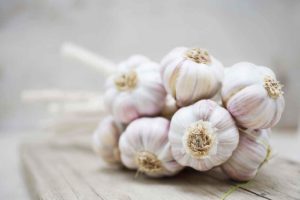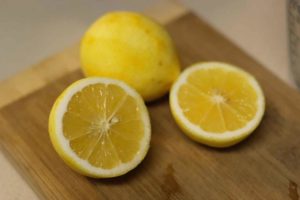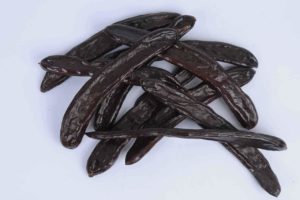Due to coming winter, we all started to hear more about oranges and other citrus fruits. They are all good for health but what exactly they do to us and why are they so important?
Even though the first thing that comes to our mind when we heard about mandarin oranges might be their vitamin C content, there are a lot more other benefits and secrets about mandarin oranges than meet the eye.
Vitamin C
Two small-sized mandarin oranges are equal to one portion of fruit, which is strongly recommended by doctors to stay healthy during winter. A glass of mandarin orange segments contains 52 mg vitamin C, this is more than half of daily reccomended amount. Vitamin C is essential for a healthy skin and formation & development of tissues. It also boosts immune system, reduces the risks of heart diseases, prevents some cancer types such as lung, breast, colon, oesophageal and stomach cancer.
Vitamin C is vital for collagen synthesis. Collagen speeds up recovery and healing, holds tendons, bones and blood vessels together, at the same time, Vitamin C increases the absorption of iron in certain foods. Vitamin C should be taken daily since it is a water soluble vitamin.
Vitamin A
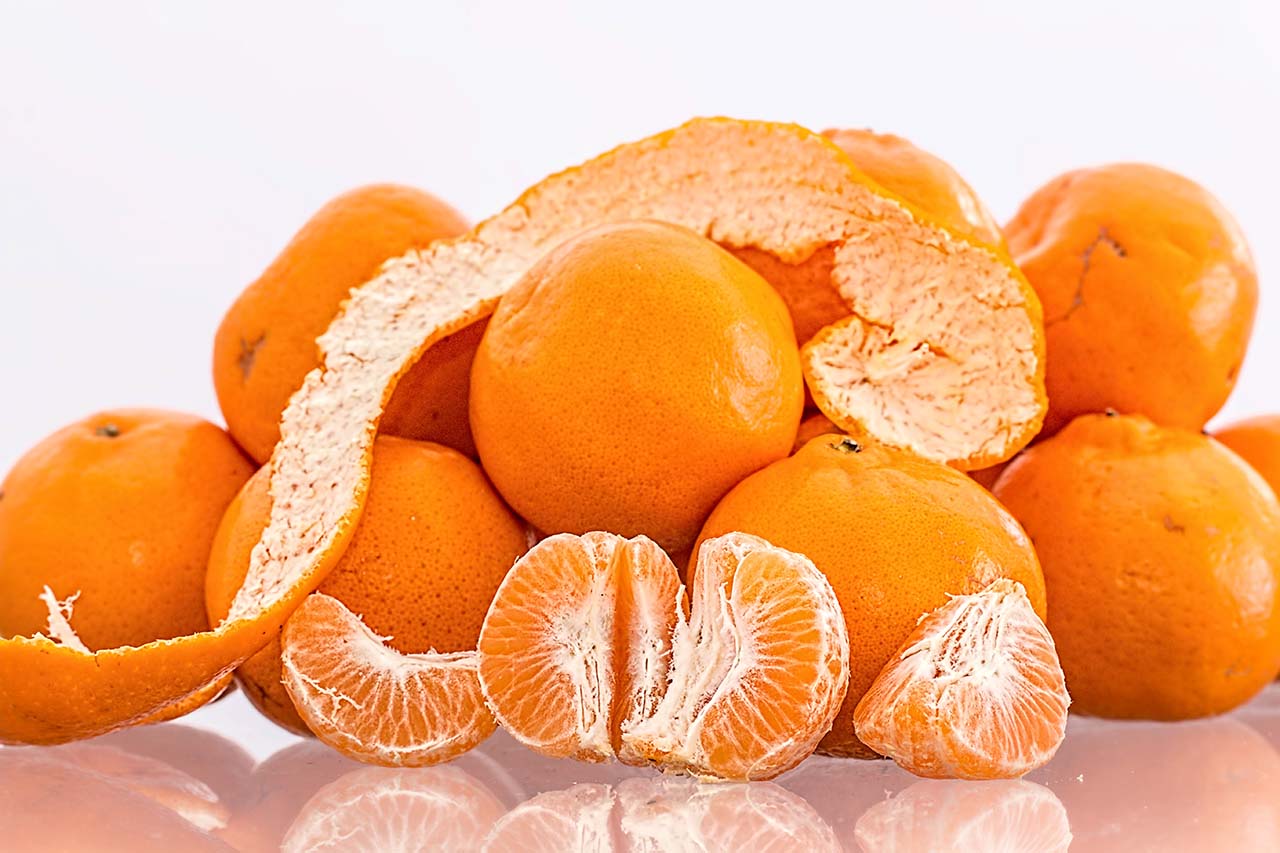
Mandarin orange also contains a high amount of Vitamin A. A glass of mandarin orange segments provide 1328 IU Vitamin A – Daily reccomended amount for men is 3000 IU and 2333 IU for women. Vitamin A is also required for eye health, healthy bones and cell growth. Lack of Vitamin A increases the risk of infections for various diseases and in extreme cases, it even may cause blindness in children. A pregnant woman should take adequate amount of Vitamin A since it is necessary for formation of blood cells.
Vitamin A has important role on reproductive health. An avarage sized mandarin orange (150 g) is 75 calories. Mandarin orange is one of the greatest source of beta cryptoxanthin, which is known to reduce the risk of lung and prostate cancer. Studies show that people who prefer diets rich in beta cryptoxanthin has %50 less likely to get polyarthritis.
Fiber
Regular intake of dietary fiber reduces the risk of diabetes, heart diseases, colon cancer, obesity and high colestrol. It also strenghtens immune system, memory and boosts your mood. A glass of mandarin orange segments contains 3,5 g fiber and this is more than 10% of daily recommended fiber intake. Soluable fiber makes you feel full for a long period of time thanks to pectin. Studies show that pectin consumption reduces calorie intake in obese people.
Flavonoid
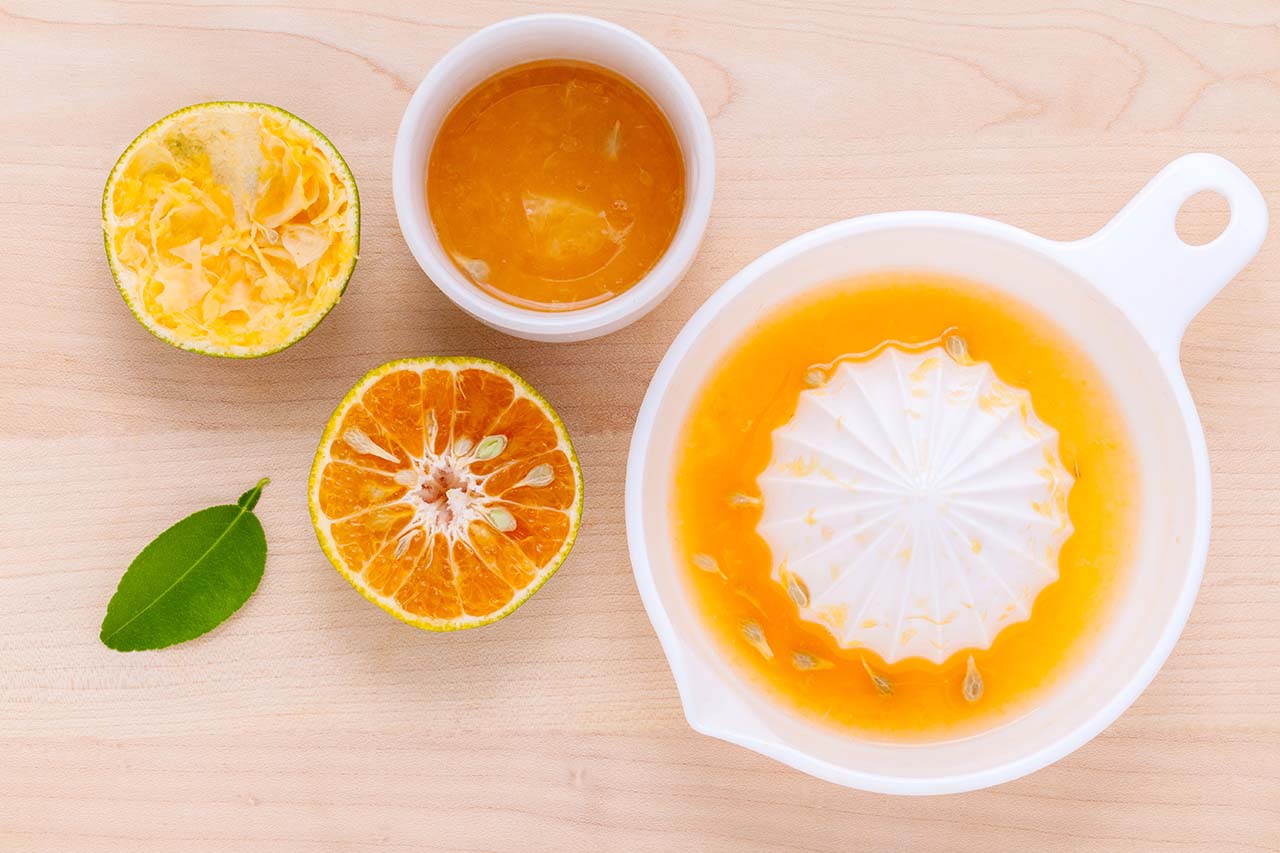
The substances that gives its color to mandarin oranges is called Flavonoids. These substances are antioxidants that neutralizes free radicals (the molecules that cause diseases). Nobiletin Flavonoids are very effective for preventing obesity, fighting against diabetes and reducing cholesterol. In addition to these, another Flavonoid called “Tangerin” prevents fatty liver disease and atherosclerosis.
Hesparidin, which is a flavan-on glycoside in mandarin orange, interoperates with Vitamin C to produce healthy collagene. Medicine, air polution, diseases, severe eczema, smoking, chemicals, and UV cause formation of free radicals. It also contains a high amount of antioxidants that protects skin against the damage caused by free radicals.
Folate and Potassium
An avarage sized mandarin orange contains 14 microgram folate that belongs to vitamin B group necessary for many important functions in the body. It builds DNA & RNA and supports the formation of new cells and healthy continuity. That’s why, it is a must vitamin in pregnancy and infancy period when growth happens rapidly. Adequate fosfat prevents DNA changes that may cause cancers. Folat is necessary for red blood cells.
An average-sized mandarin orange contains about 146 mg potassium. Potassium affects all organs, cells, and tissues in our bodies. Potassium is necessary for healthy function of kidneys, muscles, nerves, circulatory system and digestion system.
Potassium is also important for bone health by fighting against Osteoporosis. Sufficient potassium intake prevents high blood pressure and reduces the risk of heart attacks.
Alternative Ways To Eat Mandarin Oranges

You can prepare a nutritious smoothie with frozen berries, almond milk, milled flaxseed and, of course, mandarin orange. You can also prepare a fresh salad dressing with sliced almonds, spinach, mandarin orange juice, mandarin orange segments, salt and pepper. Or you can make sauce by using avacado which is rich in fiber, chopped coriander, chili pepper. Add this sauce on chicken, grilled fish or tofu.


